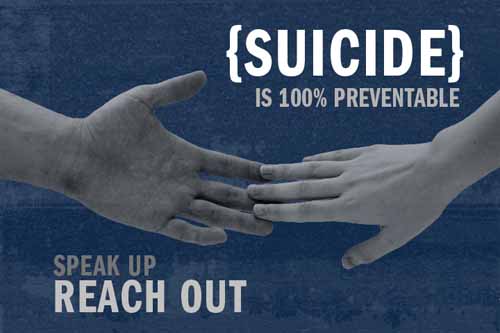I'm worried about... myself, friend, family.
Finding help for yourself or others
 Sometimes it's really hard to ask for help, especially if you're already feeling badly. We created this page to try to make it a little easier for you to approach an adult for help.
Sometimes it's really hard to ask for help, especially if you're already feeling badly. We created this page to try to make it a little easier for you to approach an adult for help.
- Choose a safe person to approach - someone who likes and understands you and who is trustworthy. This might be a parent, teacher, coach, minister, favorite aunt, guidance counselor, school nurse, etc.
- Take time to plan what you want to say to them - if you are prepared then you will be able to clearly tell them what you need and there will not be misinterpretations of what you are saying.
- Think about what you would like to get out of the conversation - if you have ideas of what you think could help your situation, it will be important to share them. They want to help you feel better and giving them ideas on how to do that may make the process easier.
- Make an appointment - ask for a time where there won't be interruptions or distractions. Especially if you're going to talk to your parent, ask for time in the evening when dinner is over, the little kids are in bed, and things are more calm.
- Bring a friend for support - sometimes having someone with you makes the idea of getting help easier. Do what is best for you.
- Download and print this Help Form (RTF) - this form was created so that you could fill it out and give it to the person you've decided to talk to. Allow him/her time to look it over before you start talking.
- Be honest - it can be hard to talk about difficult feelings and situations, but being honest and seeking help is one of the first steps to creating solutions.
- Listen - to what your parent(s) or other trustworthy adult has to say in response to your concerns. Remember that they care about you and want you to feel better.
- Congratulate yourself on doing something positive for yourself - it takes a lot of courage to ask for help.
